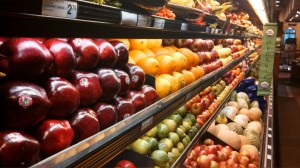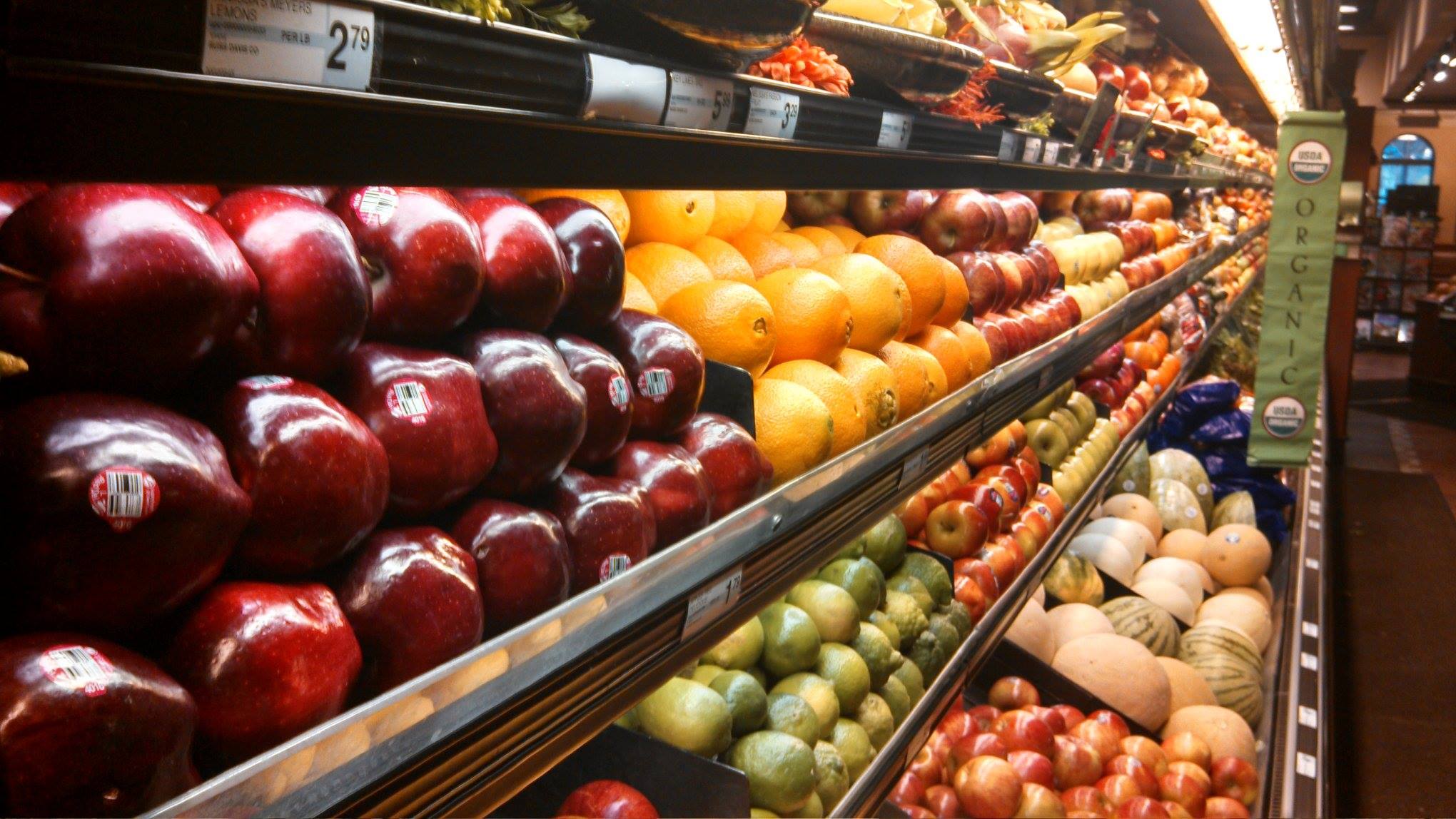Following their shared passion to combat food deserts, St. Thomas professor Adam Kay and youth intern Adam Pruitt created BrightSide Produce to serve Minneapolis communities.
Kay and Pruitt explained that food deserts affect low-income neighborhoods where a corner store is the closest place to buy groceries. Distributors usually required about a $150 minimum order on fresh produce, though, and many of the corner stores are not big enough to support that type of order. Corner stores are then forced to buy at retail price and mark it up, making it unaffordable to their customers.

“The end result is that there would be high priced produce that was not of the highest quality. In a tough sales environment with customers that are, most of them, low-income customers, the whole system was not working,” Kay said. “It’s actually a systemic problem — a nation-wide problem.”
The BrightSide Produce business model was created as a way to deliver affordable fresh produce to corner stores in a financially sustainable way.
“We sell vegetables to corner stores, and then we sell the excess to the people on campus with some buying power,” Kay said. “What we’ve done is we’ve shown how you can create a financially sustainable business for being able to meet this community need.”
BrightSide Produce isn’t only impacting corner stores, though. By engaging Minneapolis youth in the program, the organization is teaching valuable lessons of social activism and providing support.
“(Students) get to experience real-life situations that they might not experience in their everyday lives,” Pruitt said. “Some of us never really had the option to have a support network. Growing up, I know I really didn’t have that option, and it’s really nice to know that I have a really decent amount of people that are behind me, and I know that the other youth feel the same way.”
St. Thomas senior Ben Kachian and Minneapolis youth Nick Hodge go out every Saturday to deliver the produce to corner stores in Minneapolis. Kachian explained that they sometimes spend the entire day delivering fresh fruits and vegetables to about 19 stores.
Kachian said that the BrightSide team has developed great relationships with people because of what they’re doing for the community.
“(Store owners) can get produce from wherever, but they prefer to get it from us, even their personal groceries from us, because they believe in our mission,” Kachian said. “We’re doing a good thing.”
Hodge, who starting working with BrightSide at 16, said his involvement in BrightSide has helped him to better understand this problem.
“Not many people have pointed out this problem,” Hodge said. “I personally lived over in Minneapolis for about 11 years now, and being able to have fruits and veggies at your local corner store is really nice, and it definitely helps out with some families.”
Kay and Pruitt believe their business model can be expanded to other areas in the U.S. and possibly even to other social issues. Currently, they are working on setting up a BrightSide model at San Diego State University.
“We just live in such a segregated world, and programs, businesses that can form connections across those divisions – that’s the way forward,” Kay said. “I think at this point our impact is: we’re satisfied with it, but there’s way more that we can do in cities all over the country.”
Kassie Vivant can be reached at viva0001@stthomas.edu.



